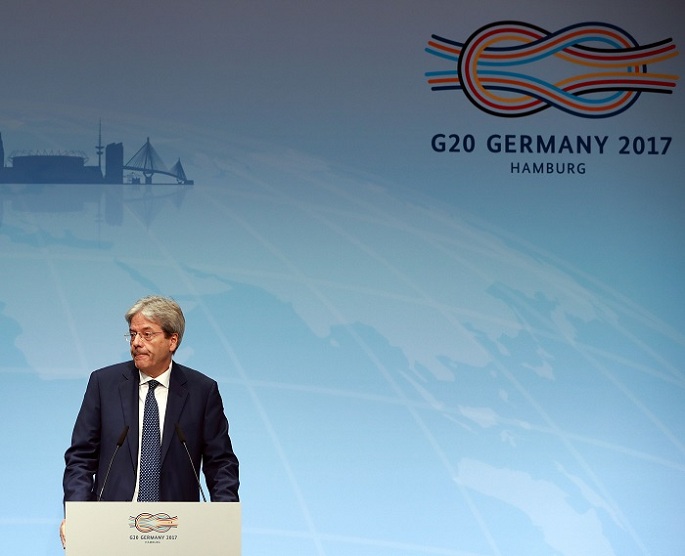Italy gets ready for 2018 elections after parliament dissolved
Published : 28 Dec 2017, 22:28
Updated : 28 Dec 2017, 22:37
Italian president Sergio Mattarella dissolved the parliament late on Thursday, in a move that put the country on track for general elections in 2018.
The president's move came after Prime Minister Paolo Gentiloni earlier in the day declared he had achieved his prior goal of "bringing the legislature to an orderly end." Thus, he signalled his cabinet fulfilled its mandate.
Meeting the press in the morning, Gentiloni stressed Italy has succeeded in recovering from its worst economic crisis since after World War II, thanks to a "fruitful legislature."
After the press conference, Gentiloni met with the president, a formal step needed in order to trigger the formal request for the dissolution of parliament.
Mattarella also held consultative talks with the speakers of both senate and lower house Thursday afternoon, a statement from the presidential palace confirmed.
Three center-left cabinets -- led by Enrico Letta, Matteo Renzi, and Gentiloni, respectively -- came in succession under the latest legislature, which began in March 2013.
Now, Gentiloni's cabinet was due to choose the date for the 2018 elections, most likely on March 4, according to local media reports.
Opinion polls held in mid-December showed anti-establishment Five Star Movement (M5S) in the first place with an average 27.5 percent, followed by ruling, center-left Democratic Party (PD) at 24.3 percent. Center-right Forza Italia (FI) party of former premier Silvio Berlusconi polled third at 16.1 percent, and right-wing, anti-immigration Northern League reached some 13.7 percent.
The next political elections will represent the first test for the new electoral law -- called "Rosatellum" -- approved by the parliament in late October.
The Rosatellum introduced a hybrid system, with one third of lawmakers to be elected via first-past-the-post, and two thirds by proportional representation.
According to all projections so far, none of the major parties seemed strong enough to gather the votes needed to govern alone without forming a coalition.


